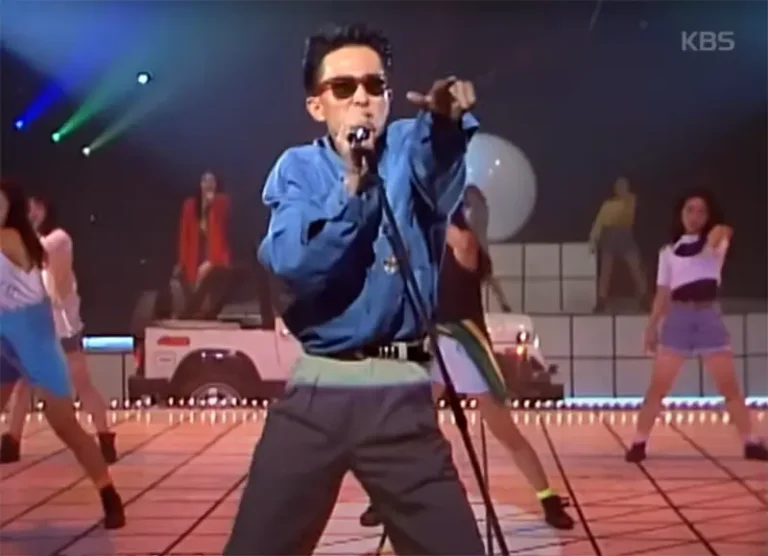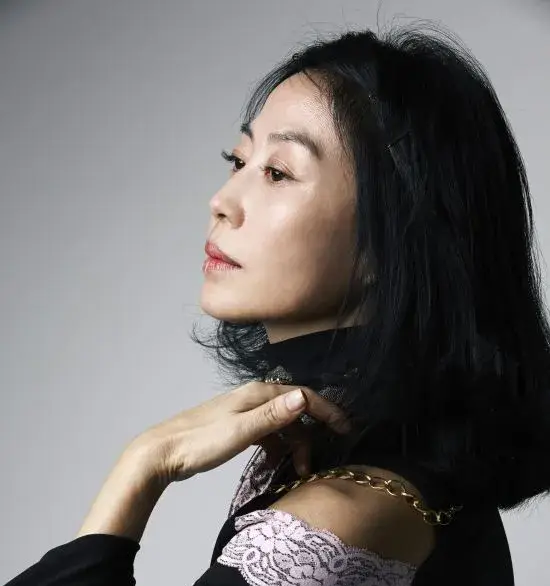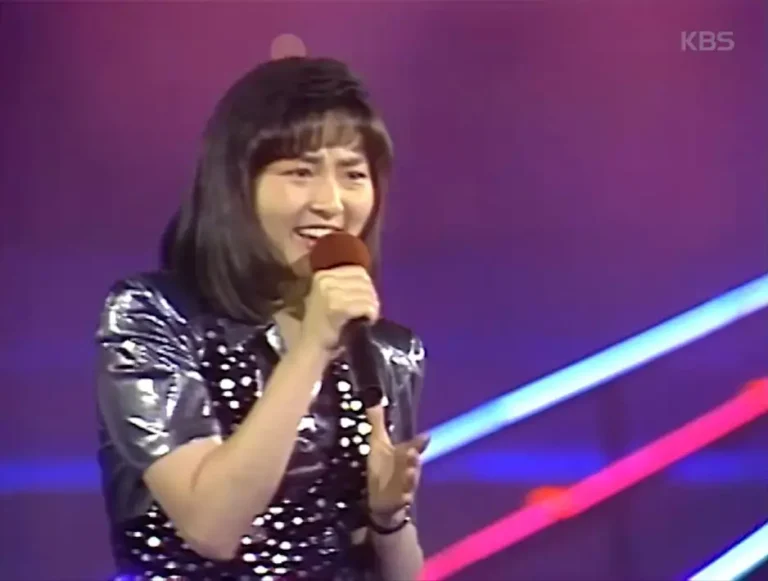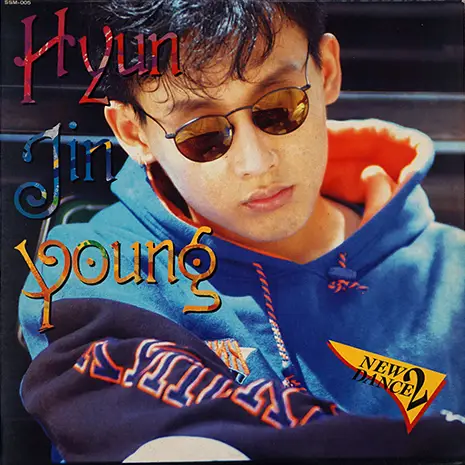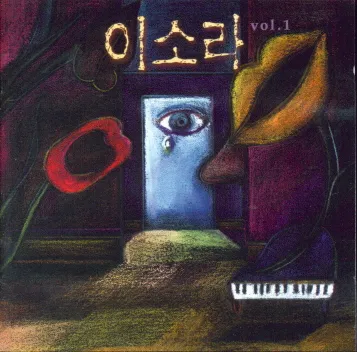
Lee So-ra is one of South Korea’s most celebrated and influential ballad singers, renowned for her unique voice, emotional depth, and artistic integrity. Born on December 29, 1969, in Busan (with some sources citing Tongyeong, Gyeongsangnamdo), she grew up during a period of rapid transformation in Korean society and culture. Over her three-decade career, Lee So-ra has become a symbol of musical sincerity and emotional authenticity, standing apart from the more commercialized and image-driven trends of K-pop. Her career is marked by a series of critically acclaimed albums, iconic songs, and a reputation for live performance excellence that has earned her both popular and critical acclaim.
Early Life and Musical Beginnings
Lee So-ra’s musical journey began in earnest in the early 1990s. She made her official debut in 1993 as a member of the jazz-tinged acoustic indie band Strange People. The group was known for its experimental approach and focus on musicianship, providing Lee with a solid foundation in jazz, pop, and acoustic music. Her time with Strange People allowed her to develop her vocal style—marked by a dynamic alto, velvety timbre, and a remarkable ability to convey emotion across several octaves.
Solo Debut and Breakthrough
In 1995, Lee So-ra released her first solo album, marking the beginning of a storied solo career. The album was met with critical acclaim, and her distinct voice quickly set her apart from other female vocalists of the era. At a time when the Korean pop scene was dominated by idol groups and commercial pop, Lee’s music stood out for its depth, subtlety, and emotional resonance. Her early works blended ballad, jazz, and pop influences, creating a sound that was both sophisticated and accessible.
Artistic Style and Vocal Genius
Lee So-ra is often praised for her ability to breathe life into every song she sings. Critics and fans alike have noted that her voice possesses a near-androgynous quality, capable of soaring effortlessly over several octaves. This vocal flexibility allows her to express a wide range of emotions, from quiet vulnerability to powerful longing. Her singing is not just about technical skill; it’s about storytelling and emotional connection. Songs like “The Wind Blows” (바람이 분다) and “Please” (제발) are celebrated for their ability to evoke deep, often unspoken feelings in listeners.
Unlike many of her contemporaries, Lee So-ra is not a singer-songwriter in the traditional sense—she rarely composes her own material. However, her interpretive skills are so profound that she is often credited with transforming the songs she performs into deeply personal statements. She has a rare gift for turning a composer’s work into something multidimensional, breathing new life and meaning into each piece.
Major Albums and Iconic Songs
Lee So-ra’s discography is a testament to her enduring artistry. Her early albums, such as “Like In a Movie” (영화에서처럼), “About Sorrow And Anger” (슬픔과 분노에 관한), and “Flower” (꽃), established her as a leading voice in Korean ballad and jazz-pop. Each album showcased her growth as an artist and her willingness to experiment with different sounds and arrangements.
Her sixth album, “Nunsseopdal” (눈썹달), released in 2004, is widely regarded as a masterpiece. The album won her the Korean Music Awards for Best Female Vocalist in 2005 and was included in a list of the 100 greatest Korean albums. “Nunsseopdal” is notable for its lush arrangements, introspective lyrics, and Lee’s haunting vocal performances. The album’s success cemented her reputation as one of Korea’s greatest vocalists.
Some of her most beloved songs include “Song Request” (신청곡) featuring Suga of BTS, “October Lover” (10월의 연인) featuring Roy Kim, “The Wind Blows,” “First Feeling” (처음 느낌 그대로), “To You Who Don’t Love Me” (나를 사랑하지 않는 그대에게), “Proposal” (청혼), and “Don’t Say It’s Not Love” (사랑이 아니라 말하지 말아요). These songs have become standards in Korean pop music, frequently covered by other artists and featured in television dramas and variety shows.
Influence and Cultural Impact
Lee So-ra’s influence on Korean music cannot be overstated. She emerged as a dominant female star during a period when the industry was saturated with corporate idol groups and image-driven acts. Her refusal to rely on sex appeal or flashy visuals, instead focusing on vocal artistry and emotional honesty, set a new standard for what it meant to be a true artist in Korea. Critics have argued that if Lee So-ra had sung in English or debuted in the international scene during her heyday, she could have achieved global stardom on par with artists like Björk or Enya.
Her music is often described as “healing” and “therapeutic,” offering solace to listeners dealing with heartbreak, loneliness, or existential questions. Lee’s ability to convey the subtle nuances of human emotion—grief, longing, hope, and acceptance—has made her a touchstone for those seeking depth and meaning in music.
Television and Live Performance
Beyond her recording career, Lee So-ra is also known for her work as a television host. From 1996 to 2002, she hosted the acclaimed music talk show “Lee Sora’s Proposal” (이소라의 프로포즈) on KBS. The show became a beloved platform for live music, featuring performances by Korea’s top artists as well as up-and-coming musicians. Lee’s gentle, introspective hosting style and her commitment to live, unfiltered music helped foster a culture of musical appreciation and authenticity.
Her live performances are legendary for their intimacy and emotional power. Whether performing in a large concert hall or a small club, Lee has a unique ability to connect with her audience, drawing them into the emotional world of each song. Her concerts are often described as transformative experiences, where listeners feel a sense of catharsis and connection.
Collaborations and Recent Work
Lee So-ra has collaborated with a wide range of artists, including some of Korea’s most respected musicians and producers. Her 2019 single “Song Request” (신청곡), featuring Suga of BTS, was a major hit, reaching high positions on Korean music charts and introducing her to a new generation of listeners. The song’s success demonstrated Lee’s continued relevance and her ability to bridge generations through music.
She has also appeared on a variety of television programs, including “Hidden Singer,” “Begin Again,” “Fantastic Duo,” and “I Am a Singer,” where her performances have consistently received critical acclaim.
Legacy and Recognition
Lee So-ra’s legacy is defined by her unwavering commitment to artistic integrity and emotional truth. She has won multiple awards at the Korean Music Awards and is frequently cited as one of the greatest vocalists in Korean music history. Her albums, especially “Nunsseopdal,” are regarded as essential listening for anyone interested in the evolution of Korean pop and ballad music.
Her influence extends to younger artists, many of whom cite her as a major inspiration. Lee’s willingness to be vulnerable, her refusal to conform to industry trends, and her dedication to her craft have made her a role model for aspiring singers and musicians.
Personal Life and Philosophy
Despite her fame, Lee So-ra is known for her private and introspective nature. She has often spoken about the importance of sincerity in music, emphasizing that true artistry comes from honest expression rather than commercial ambition. This philosophy has guided her career, allowing her to maintain a sense of authenticity even as the industry around her has changed dramatically.
Lee is also respected for her resilience and ability to reinvent herself. Throughout her career, she has navigated personal and professional challenges with grace, emerging each time with new artistic insights and a deeper connection to her audience.
Conclusion
Lee So-ra’s career is a testament to the enduring power of music to heal, inspire, and connect people. Her voice—at once fragile and powerful, intimate and expansive—has become a symbol of emotional honesty in Korean popular culture. Through her albums, live performances, and television work, Lee has touched the hearts of millions, offering comfort and understanding to those who need it most.
In a world often obsessed with image and commercial success, Lee So-ra stands as a beacon of artistic integrity and emotional truth. Her legacy continues to grow, influencing new generations of musicians and listeners both in Korea and beyond. For anyone seeking the soul of Korean music, Lee So-ra’s work remains essential, timeless, and deeply moving.
